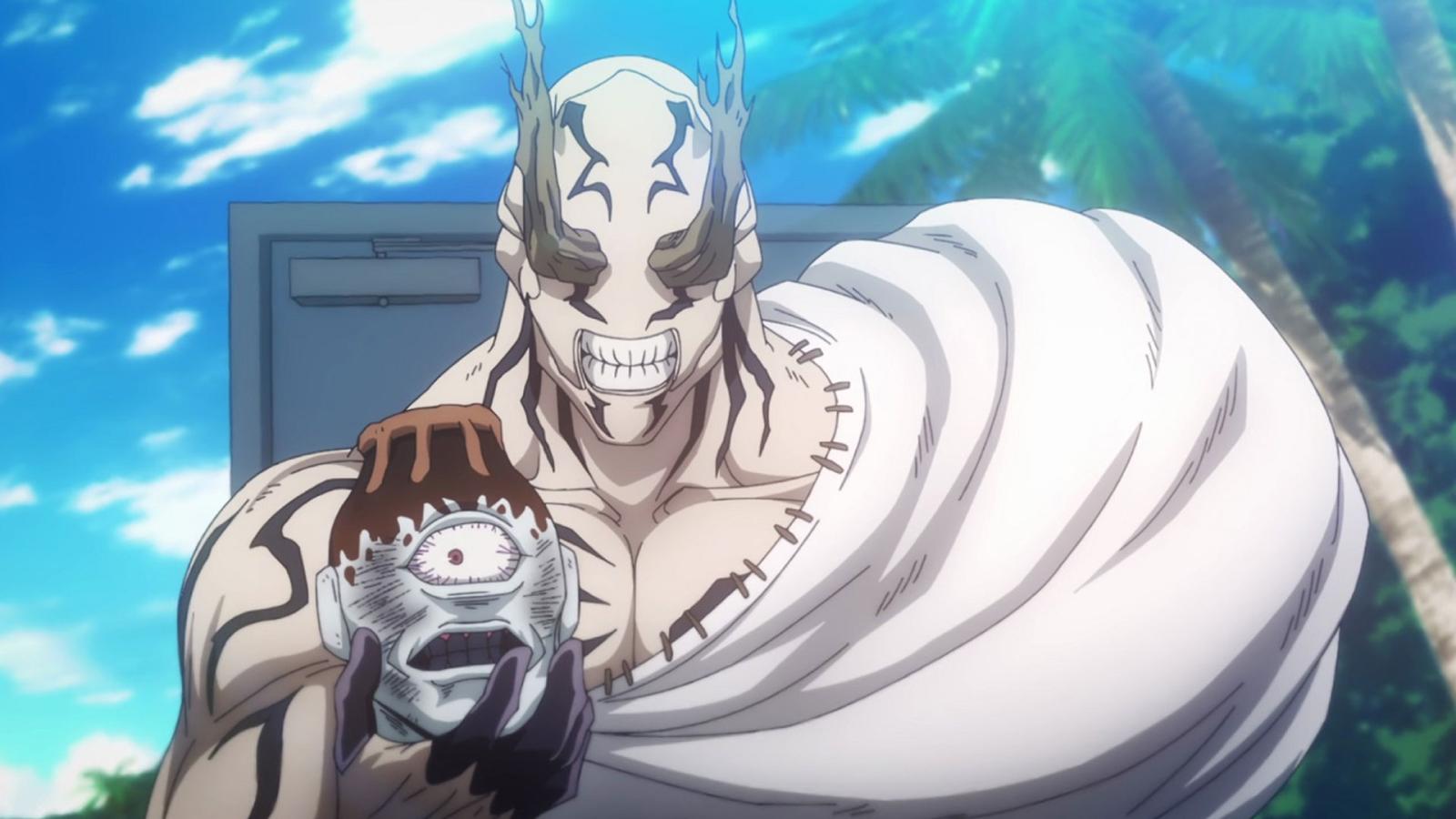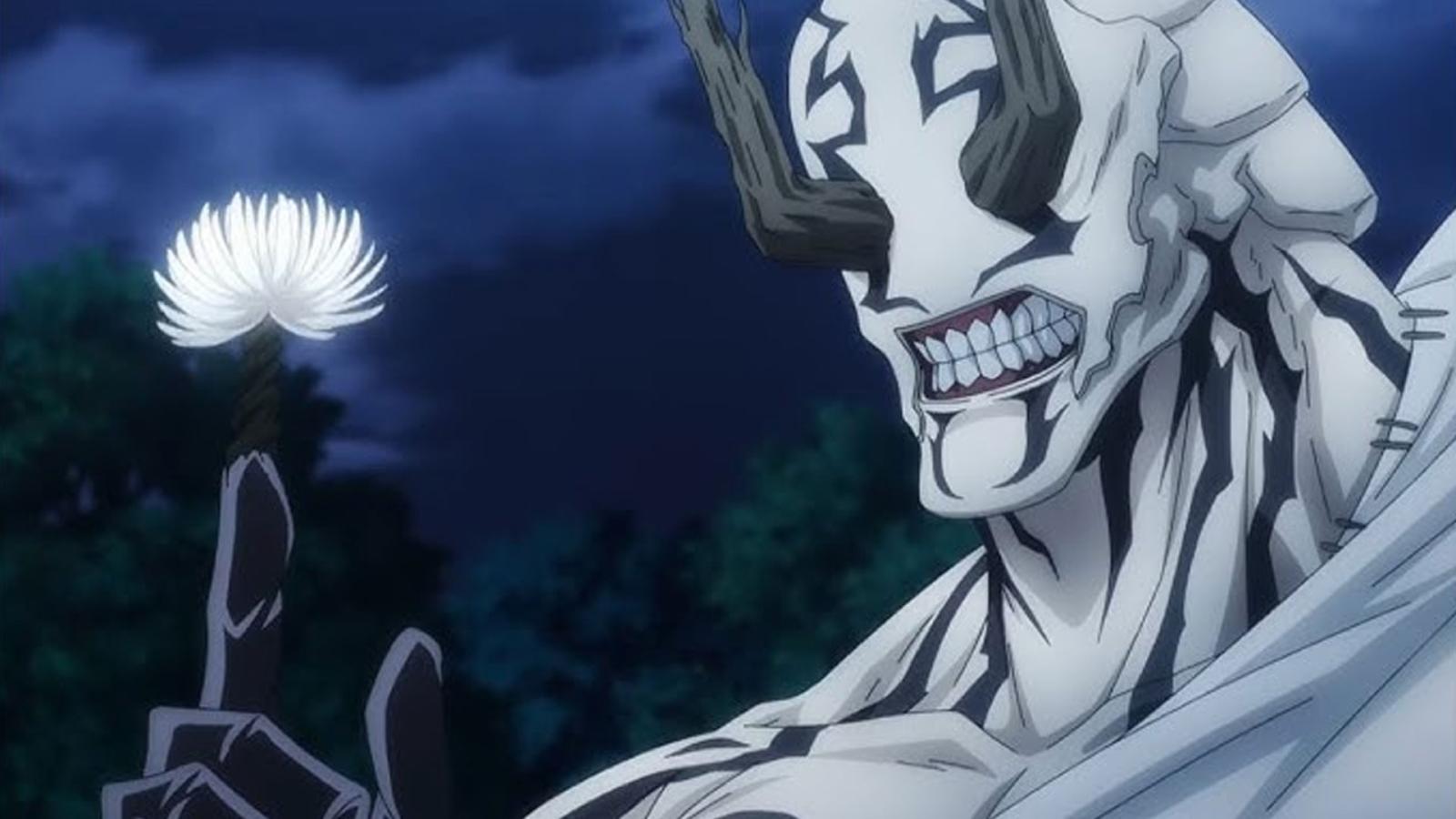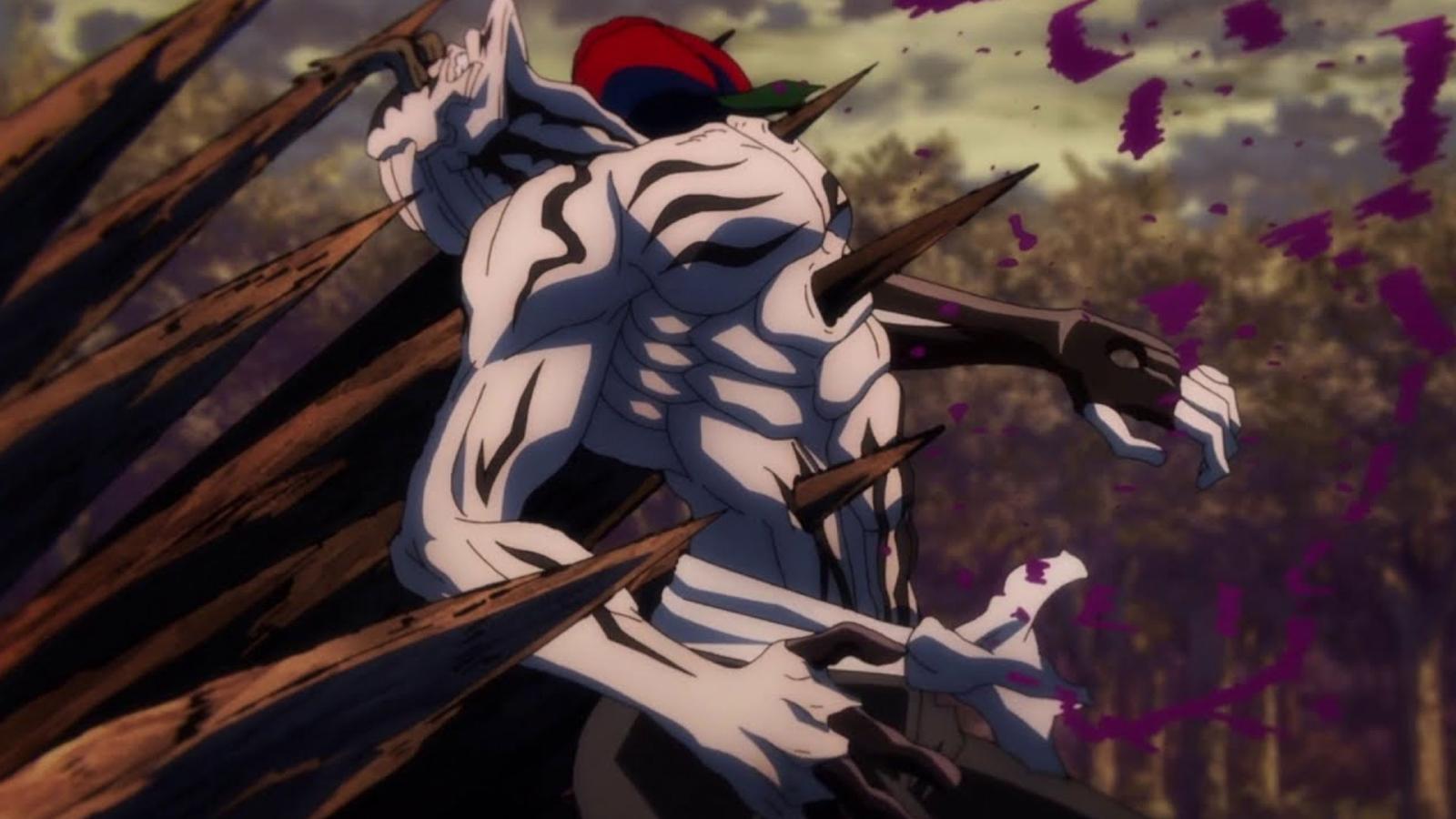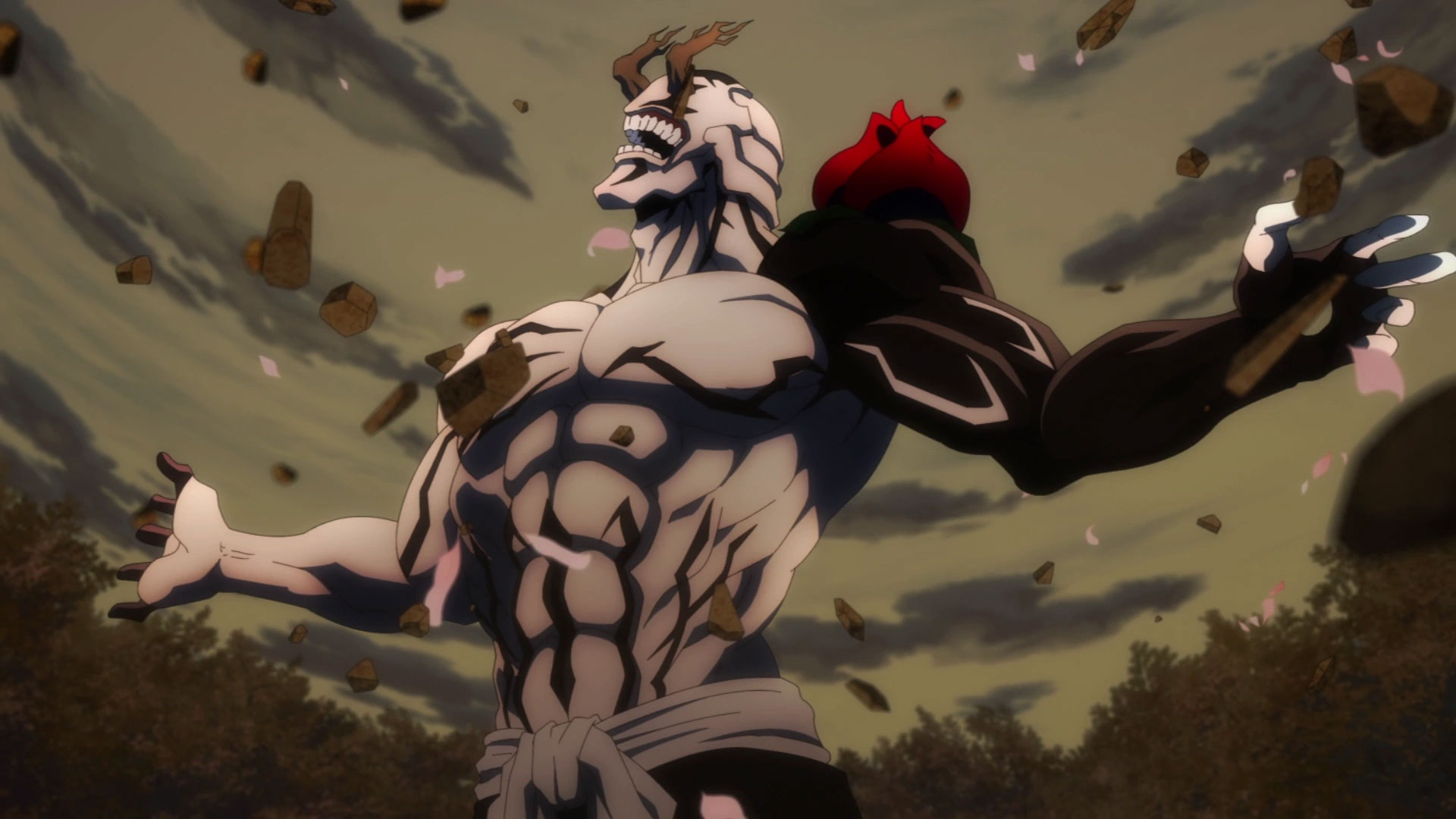Eco-activist from the world of Jujutsu Kaisen.
Summary:
- Villains in Jujutsu Kaisen sometimes seem more elaborate than the main characters among the sorcerers.
- Although Hanami played a key role in the first season, Gege quickly removed him from the plot in the Season 2.
- Hanami dislikes humans because they have been harming nature for thousands of years.
The villains in Jujutsu Kaisen are very important and well-drawn characters. Sometimes they even seem more elaborate than the main characters among the sorcerers. The manga author, Akutami Gege, seems to like the villains in his story more and treats them better.
However, when it comes to Jujutsu Kaisen's favorite villains, it's unlikely that anyone would immediately think of Hanami. The cursed spirit is not that well revealed, definitely not the focus of the story, and that's unfortunate — he has one of the most serious philosophies.
Villains and their philosophies

Hanami is a cursed spirit who is part of Pseudo-Geto's group and helps him carry out a plan to capture Gojo. All members of this group, except for Geto, have one goal — to create a world without humans.
Hanami, as well as other key characters like Mahito and Jogo, appear in the first season and play a significant role. In fact, he is the final boss of the Kyoto Goodwill Event Arc and fights Yuji and Todo for several episodes.
Although Hanami played a key role in Season 1, Gege quickly removed him from the plot in the second season — he was probably the first one whose death in Shibuya was so prominent. Hanami died in a battle with Gojo at the very beginning of the arc, when the cursed spirits tried to wear down the powerful sorcerer.

Perhaps all of the villains in Jujutsu Kaisen have their own philosophies. Although they all agree that humanity must be destroyed, each villain has his own reasons.
Jogo hates humanity because of the unconditional privileges they receive, while Mahito was born of human vices and disgust for humanity is inherent in his nature. The main villains, including Sukuna and Kenjaku, just want to destroy everything and cause chaos.
Hanami's ideas make sense

Despite not receiving as much attention as Mahito or Sukuna, Hanami looks spectacular, from his character design to his distinctive personality traits. His philosophy is the most logical and powerful — Hanami dislikes humans because they have been harming nature and the Earth for thousands of years. He is a kind of eco-activist from the world of Jujutsu Kaisen.
Compared to the other villains, Hanami is right and his goal is noble, but because of his nature, he decides to pursue it the wrong way — by killing anyone who gets in his way. There weren't many of those in the anime, by the way. When Mahito killed without thinking, Hanami was more peaceful, which again shows the nobility of his intentions.

